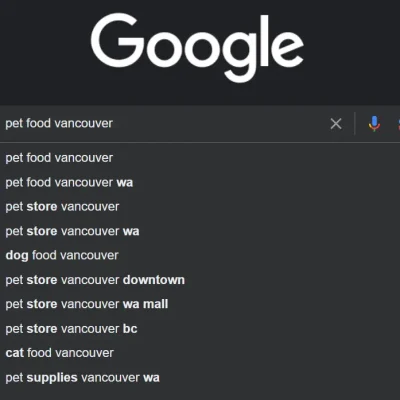Learn About Keyword Research
Mastering Keyword Research for SEO Success
What is Keyword Research?
Keyword research is the process of identifying and analyzing the search terms that people use to find information online. Understanding these terms helps you tailor your content and optimize your website to rank higher in search engine results. It involves finding both primary keywords and related terms that enhance your content’s context.

Why is Keyword Research Important?
- Targeted Traffic: By using the right keywords, you attract the audience that is genuinely interested in your products or services, driving qualified leads.
- Content Strategy: Keyword insights can guide your content creation, ensuring you’re addressing topics that resonate with your audience and align with search trends.
- Competitive Edge: Understanding your competitors’ keyword strategies can help you identify opportunities to outperform them in search rankings, leading to higher visibility in your niche.

How to Conduct Keyword Research
Step 1: Brainstorm Relevant Topics

Start with a list of topics related to your business. Think about what your audience might be searching for, such as services, solutions, and information.
Step 2: Use Keyword Research Tools

Utilize tools like Google Keyword Planner, SEMrush, or Ahrefs to find keyword ideas and analyze search volume and competition. These tools can also suggest LSI keywords, which are essential for broadening your content’s reach.
Step 3: Analyze Search Intent

Consider the intent behind the keywords. Are users looking for information, making a purchase, or seeking a service? This helps tailor your content to align with informational, transactional, or navigational searches.
Keyword Types to Consider
- Short-tail Keywords: Broad and general terms (e.g., “SEO”).
- Long-tail Keywords: More specific phrases (e.g., “best SEO services for small businesses”).
- Local Keywords: Keywords with a geographic component (e.g., “SEO services in Port Moody”).
- LSI Keywords: Related terms that help contextualize your content (e.g., “digital marketing,” “search engine optimization,” “online visibility”).

Ready to Optimize Your Keywords?
Contact us today for a comprehensive keyword research analysis and start attracting the right audience!
Frequently Asked Questions (FAQ)
What tools do I need for keyword research?
Tools like Google Keyword Planner, SEMrush, and Ahrefs are great for discovering and analyzing keywords.
How often should I conduct keyword research?
Regularly conduct keyword research to keep up with trends and changes in your industry, ideally every few months.
Can keyword research help improve my website’s SEO?
Yes, effective keyword research can help you optimize your website for better search engine visibility and attract targeted traffic.
